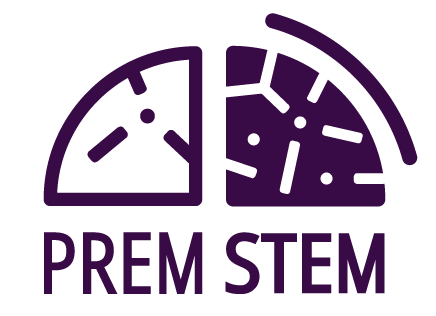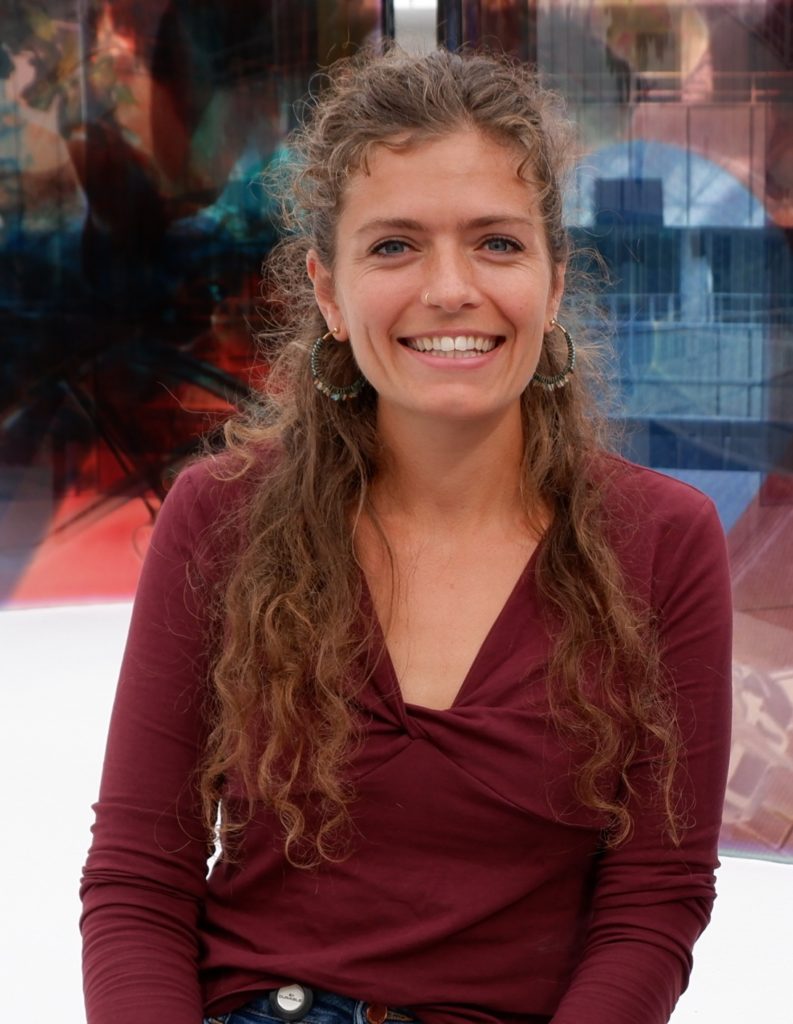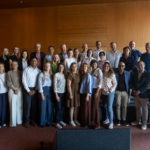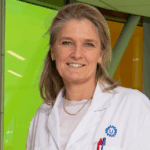What is your area of research specialism and what attracted you to it?
Alongside a dedicated team of researchers, nurses and doctors we are working towards a novel regenerative therapy to reduce brain injury in children born with a challenging start in life. Neonates facing difficulties early in life are strong and resilient, making it a humbling experience to work on a better future for this patient group.
What has been your proudest research accomplishment so far?
As a team, we established a model to test the effects of a stem cell therapy on brain development over time. Establishing a long-term follow-up model taught me how to assess neurocognitive development by incorporating a wide variety of assays. I am proud of the interdisciplinary work we have delivered with many different clinical and biomedical specialists to accomplish this.
What is the most important question you want to address in your research?
The most important research question we want to address is to find out the effects of a stem cell therapy on brain development in the long term. This requires extensive knowledge about how the brain develops in usual and pathological conditions and how this leads to certain neurocognitive outcomes in infants born with a challenging start. The immature brain shows great resilience, however the delicate balance between the different processes in the brain is important for healthy development in later life.
What is your lab’s role on the PREMSTEM project?
Our lab focusses on characterising brain development in different stages in life. We look at how our model relates to the clinical situation and how stem cells have an effect on the development of the immature brain. We assess these effects not only at the cellular level but also using clinically relevant diagnostic tools such as neuroimaging, behaviour and movement assays. This extensive overview of brain development will allow us to gain valuable insights to further support our vulnerable patient group.
What is innovative about PREMSTEM? Why is this research important?
Currently there are no therapeutic options for the immature and damaged brain of children born preterm. By collaborating with researchers from all over the world, the PREMSTEM project aims to develop a novel therapy for future clinical use to improve quality of life for children born with a challenging start in life.
What is the most significant outcome you hope PREMSTEM can achieve?
My hope is that we can bring a robust and effective therapy strategy for neonates born with a challenging start in life. By supporting healthy brain development early in life, we hope to contribute to an improved quality of life for infants and their caregivers.






